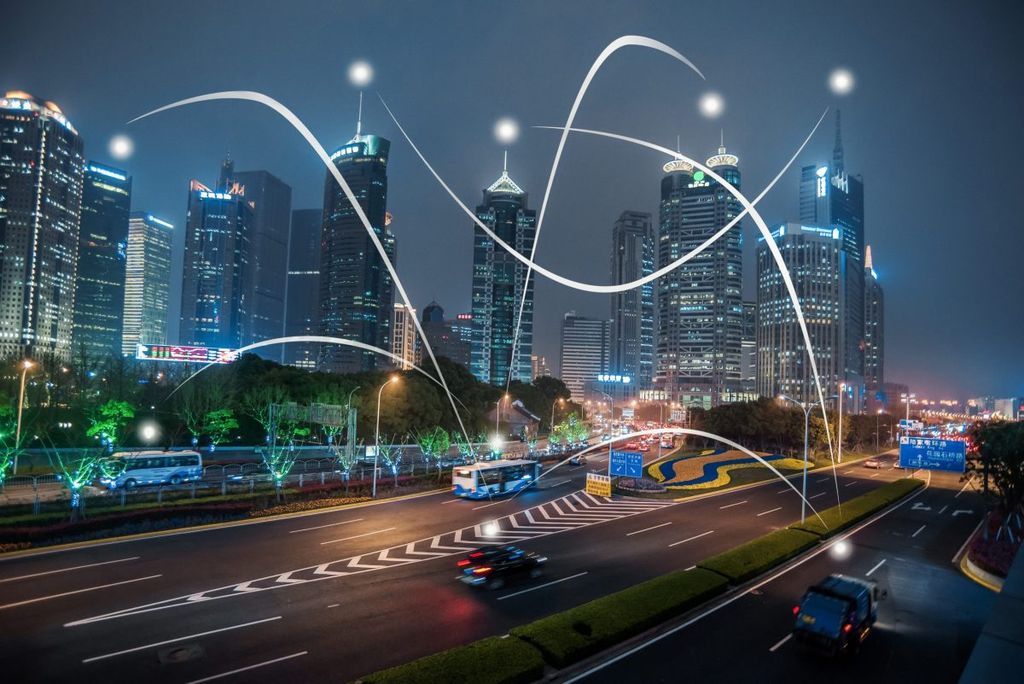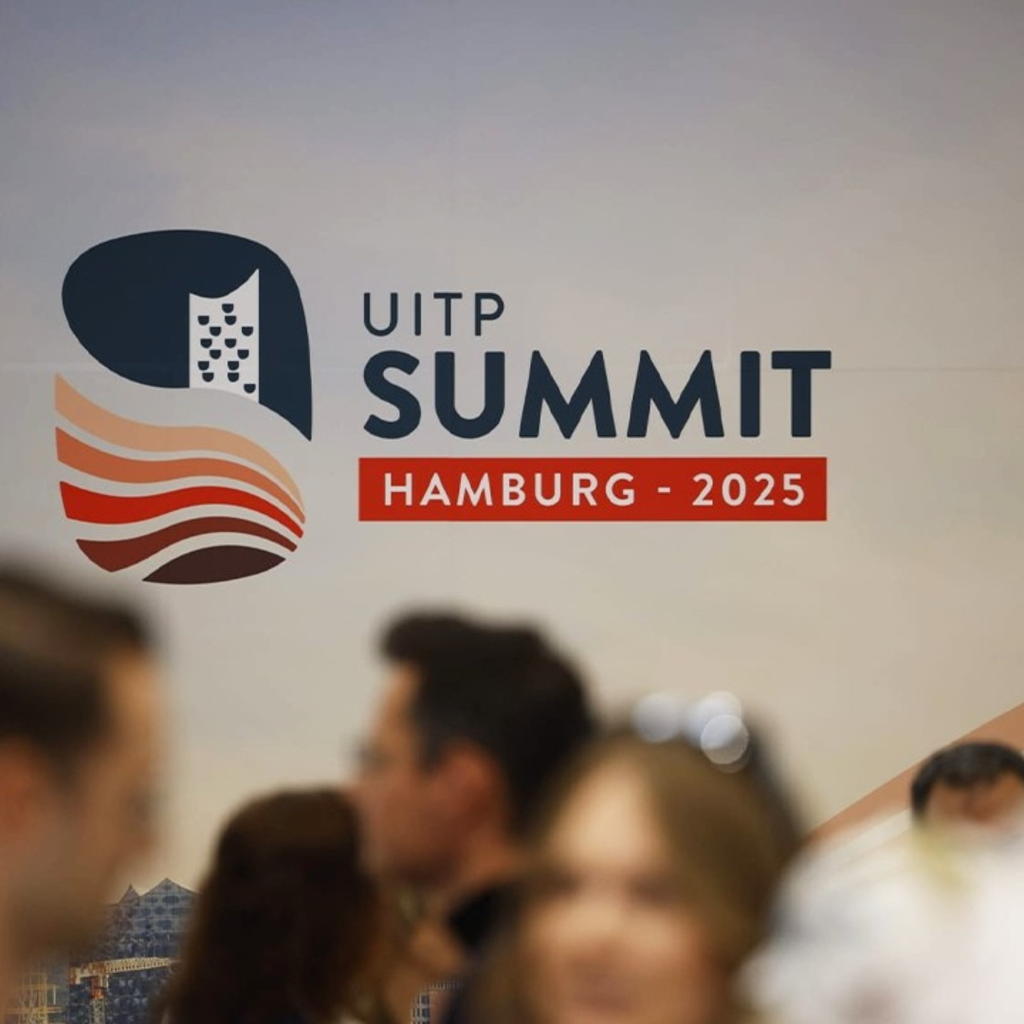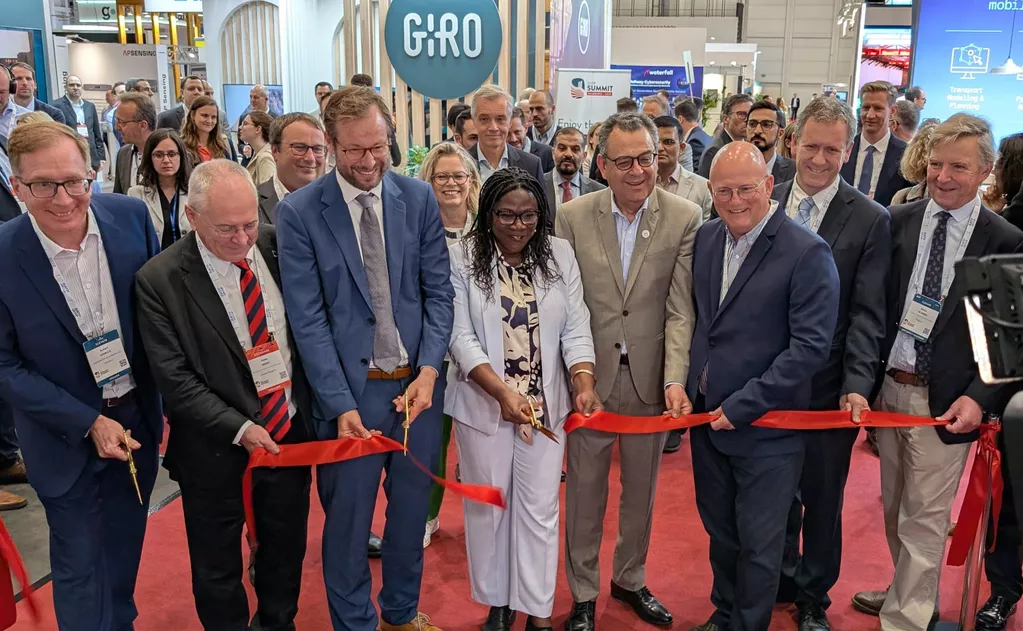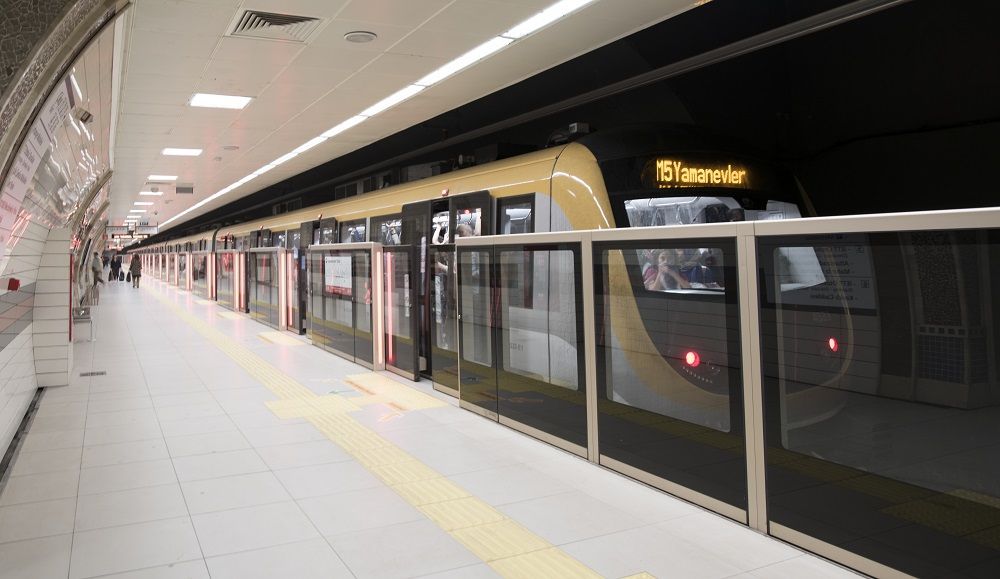
Connected and cooperative new mobility solutions: GECKO presents recommendations and key takeaways
After 33 months of hard work, the GECKO research project has finally come to an end
Marked with a final digital conference on 25-26 August, where many project partners presented the project results and lessons learnt, it was clear to see that the legacy of the project will live on as stakeholder discussion, support and development around new mobility services is needed now more than ever.
The world of new mobility offers huge potential, from reducing carbon emissions to offering a real alternative to the private individual car. Fueled by the desire to move people and goods in ways that are faster, cheaper and cleaner, has led to a booming industry of providers willing to make that dream a reality. Yet, it could also be a reality in which private companies place profits ahead of passenger needs and congestion increases as people abandon mass public transport. The GECKO research project sought to support regulators and decision makers, who have a critical role to play in ensuring new mobility solutions complement a sustainable city network.
Through evidence-based research, the project partners have discovered drivers and barriers affecting the deployment of business models, technologies and services. By engaging with a range of stakeholders, including authorities and new mobility providers, the project has offered guidance, recommendations and best practices.
The final event, led by the Project Coordinator Yannick Bousse from UITP, shared insights and hosted discussions with various project partners. Topics covered shaping future mobility with business model innovations, regulators and governance frameworks and mobility innovations, and recommendations for policy makers. One of the project’s deliverables, presented by Marisa Meta from FIT Consulting, was the MOBY – Map of regulatory framewOrks for the moBilitY of the future – which maps 228 regulations across the world related to new mobility solutions and scored them based on the city/country’s readiness to implement them and further highlighted barriers and solutions to these regulations.
We have really covered a lot of ground with the GECKO project and the results of all our work have provided cities with many answers they were looking for. Now, they can take these tools and recommendations and adapt them for their own sustainable mobility landscape.
Key takeaways from the project
So, what were the key takeaways? This is what our panel of project partners had to say during the event:
- The COVID-19 pandemic has been a double-edged sword for sustainable mobility: One the one side more people are interested in individual transport and on the other side it was acted as a catalyst for policy makers and authorities in pushing for sustainable mobility as part of the solution towards healthy and inclusive cities. New mobility must surely be considered as a part of the transport network, complimenting mass public transport, and refraining from pushing more people back to their cars.
- There are no strict guidelines and rules for service providers to operate and innovation is crucial for them to survive. When cities raise new barriers, providers must adapt and how they react can be unique. For cities to better prepare for this, starting with concrete and relatively strict regulations can form a basis whereby providers aim to work alongside public transport, and then moving towards an adaptive regulatory framework will support these transport providers in innovating their business model.
- Standardisation on an EU-level is key in moving forward: The European Commission should establish a common framework for governing mobility innovations, and should consider minimum requirements for mobility service providers to provide data and standardised procedures and new forms of contracts for agreements between cities and new mobility service providers.
- Everything boils down to our climate goals and so the short-term goals for new mobility must complement the long-term vision of reducing greenhouse gas emissions and improving social equity.
- Cities are moving from a restrictive approach to a more open approach with new mobility services. There is no one size fits all approach to regulation. We now have a variety of cooperative tools and models, and cities can use these in their own way to develop solutions for managing their transport services.
- Public-private partnerships, platforms for open discussion and dialogue are some of the best ways to build trust and encourage cross-sector collaboration between stakeholders. There is no silver bullet but communication is an effective tool for breaking the silos around regulations.
After all the discussions during the event, the final question was ,“What happens next?”. Discussions around regulation must continue, cross-sector collaboration must be supported and best practices must be shared. The next steps from GECKO is to see how these cities use these supportive tools, combine them and formulate regulations to meet their strategic goals and objectives.
The research undertaken by the GECKO project partners and stakeholders has resulted in a goldmine of information and supportive materials for decision makers interested in new mobility services. The compliance map, reports and final conference presentations are openly available on the GECKO website.
Want to continue the discussion around new mobility solutions? Join UITP for the Mobility Dialogue event, taking place online on 26 October.
2025 Training Calendar












